From French Colony to American State: The Louisiana Purchase Legacy
At Jean Lafitte House, we cherish our role as caretakers of New Orleans history. On this election day, we reflect on one of the most significant land deals in American history - the Louisiana Purchase of 1803 - which brought our territory into the United States and forever shaped the destiny of New Orleans. Our property witnessed New Orleans' transition from French colonial port to American city, making it a living testament to this pivotal era.
In 1803, President Thomas Jefferson orchestrated the purchase of approximately 828,000 square miles of land from France for $15 million, effectively doubling the size of the young United States. This vast territory, which France had only recently reacquired from Spain, included present-day New Orleans - already a thriving port city with a unique cultural identity.
in 1809, when the front building of property was constructed, New Orleans was in the midst of this historic transition. The architecture of our building reflects this period of change - incorporating elements of French, Spanish, and emerging American styles that would come to define New Orleans' unique architectural character.
The deal was remarkable not only for its size but also for its price - roughly 3 cents per acre. For France, facing European conflicts and financial challenges, the sale provided needed funds. For the United States, it secured vital access to the Mississippi River and the strategic port of New Orleans, essential for American trade and expansion.
New Orleans' transition from French colony to American territory was unique. Unlike many other territories, New Orleans already had a sophisticated urban culture, established legal system, and thriving economy. Our building at Jean Lafitte House was constructed during this transitional period, when the city's French and Spanish colonial heritage, combined with African, Caribbean, and Native American influences, was merging with the new American influence.
The Louisiana Purchase transferred not just land but a broad range of cultures, languages, and traditions into the American fold. In New Orleans, French remained the predominant language for decades after the purchase. The city's unique legal system, based on French and Spanish civil law rather than English common law, continues to influence Louisiana's legal framework today.
The process of becoming an American state took time. The Territory of Orleans, which included most of present-day Louisiana, was established in 1804. On April 30, 1812, Louisiana became the 18th state of the Union, with New Orleans as its cultural and economic capital. Jean Lafitte House, by then already an established property in the French Quarter, stood witness to these historic events.
Today, walking through our historic building, you can still see the physical evidence of this transitional period. The thick walls, and high ceilings speak to the French and Spanish architectural influences, while later modifications reflect the American influence that would follow. Our property serves as a perfect example of how New Orleans adapted and evolved as an American city while maintaining its unique character.
The Louisiana Purchase reminds us that our city and state have always been at the crossroads of history. New Orleans' journey from colonial port to American city demonstrates how diverse cultures can blend together while maintaining their distinctive qualities - a tradition we continue to honor today at Jean Lafitte House.
As we reflect on this pivotal moment in American history, we invite our guests to explore the many layers of New Orleans' past from our historic building. From our location in the French Quarter, you can walk the same streets where this remarkable transition took place, experiencing firsthand how our city successfully merged its European heritage with its American destiny.
The legacy of the Louisiana Purchase lives on in every aspect of New Orleans life - from our legal system to our architecture, from our cuisine to our celebrations. It serves as a reminder of how significant diplomatic decisions can shape the character of a place and its people for generations to come.
Here at Jean Lafitte House, we stand as proud witnesses to this continuing story, offering our guests the opportunity to experience the unique blend of cultures that makes New Orleans unlike any other American city. We invite you to join us and discover how the echoes of this historic transaction continue to resonate through the streets of our beloved city. Book your stay at Jean Lafitte House today.


